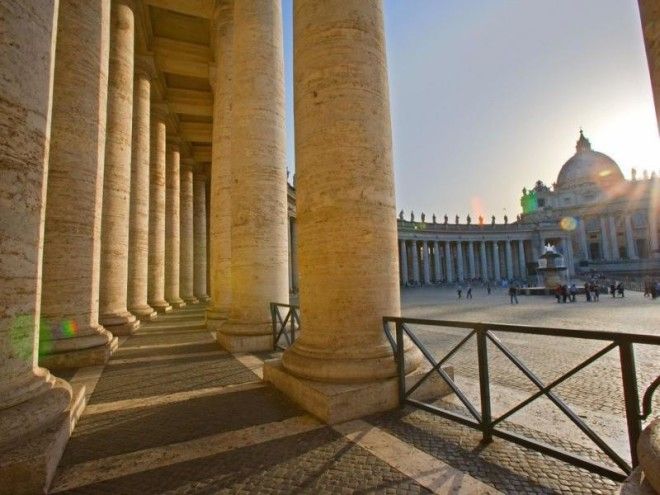Don’t worry when it comes to the tiniest countries and territories in the world, where one day is plenty time for a visit.
Gibraltar
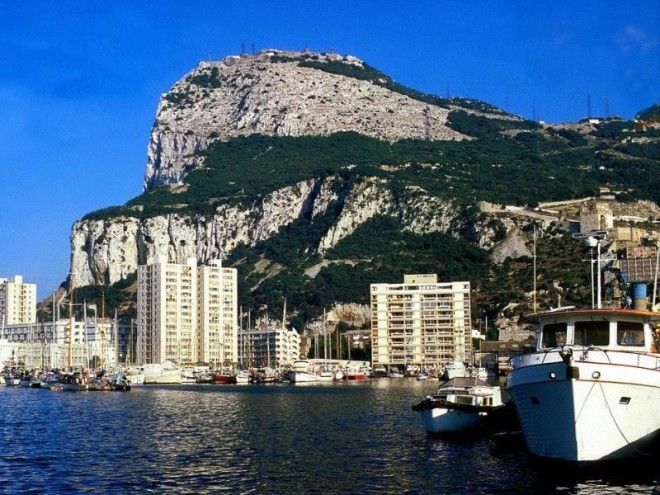
This literal rock hanging off the coast of southern Spain is a British Overseas Territory with a population of 30,000 people and, in some seasons, what feels like just as many yachts. Nonstop flights from London land on its single runway, which straddles the only road into and out of the country towards Spain. Gibraltar’s chief attraction is its own topography; most visitors spend the day taking a cable car to the top of the rock for the view and to make kissy faces at the wild Barbary macaque apes who dwell there.
Isle of Man
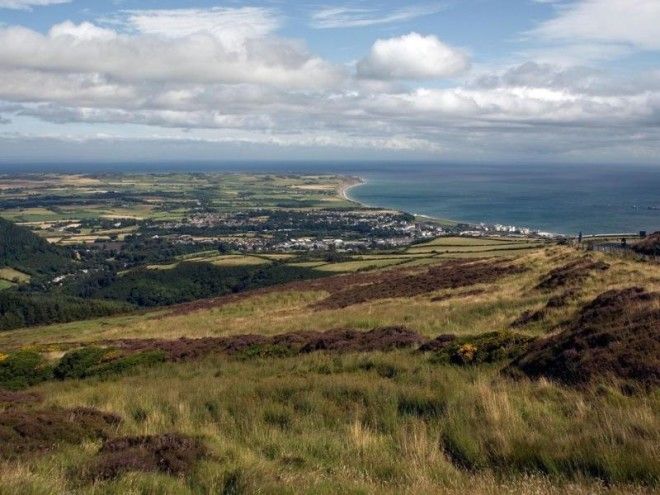
An island alone in the Irish Sea, the Isle of Man is a self-governing British dependency home to 84,000 people. Visitors arrive via flights from the mainland UK or a high-speed ferry from Liverpool, and spend the day visiting the Viking historic site of Peel Castle, dining on sweet Queenie scallops, and buying special edition postage stamps.
The locals, known as Manx, fly their flags highest during the annual Tourist Trophy, a motorcycle road race that transverses the island’s winding roads free from speed limits.
Monaco
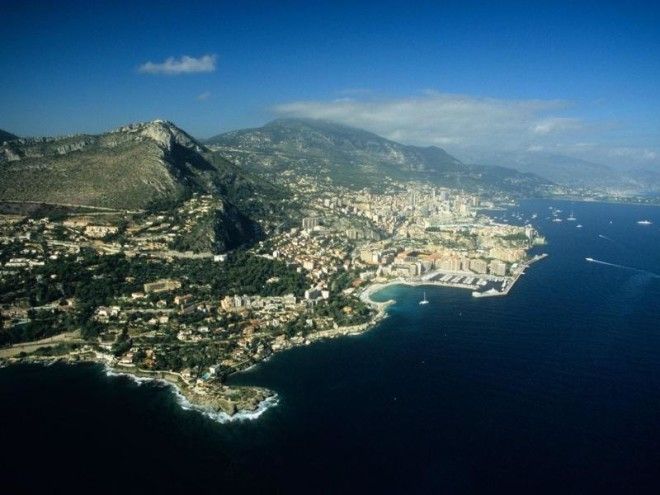
Grace Kelly may have put Monaco on the map, but in truth, the country of less than one square mile has been its own slice of independence in the south of France since the 15th century. The population varies with the seasons, but averages 37,000, which balloons to seven times that number during the Formula 1 Grand Prix races.
Those who are born and bred in Monaco grow up speaking French, Italian, English, and Monaco’s own language of Monégasque. Aside from its spectacular harbor brimming with yachts and the opulent casino showcased in James Bond films, Monaco is home to a world-famous Oceanographic Museum, the director of which was once Jacques Cousteau.
San Marino
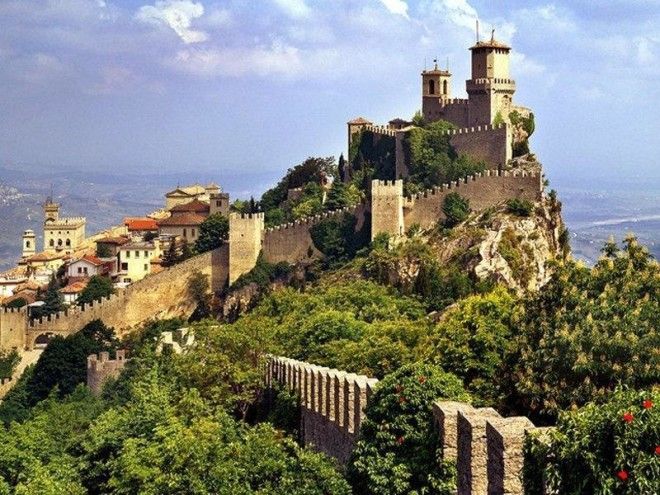
San Marino is a speck of a microstate, with a population of 32,000 spread over 24 square miles in Italy’s Apennine mountains. It was originally carved from the Roman Empire in the year 301, but a constitution wasn’t signed until 1600, though San Marino still claims its place as the oldest surviving sovereign state in the world0.
The currency is the San Marino-stamped Euro, though most of the 2 million annual visitors will spend their Euros on acquiring the unique passport stamp and souvenirs printed with the microstate's blue and white flag.
Liechtenstein
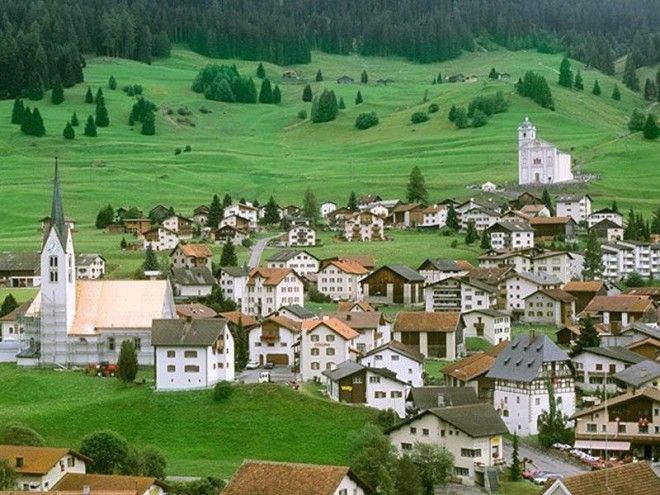
Snuggled between Switzerland and Austria is this itty-bitty constitutional monarchy of 37,000 people, governed by a royal family, who, much as in a fairytale, live in a castle on a mountain overlooking the capital.
(But they do invite the country's denizens over for a beer every summer.) Liechtenstein is, however, a very real place despite its blink-and-you’ll-miss-it minuscule size, and traversing its 16-mile length by foot is popular with hikers and runners.
Falkland Islands
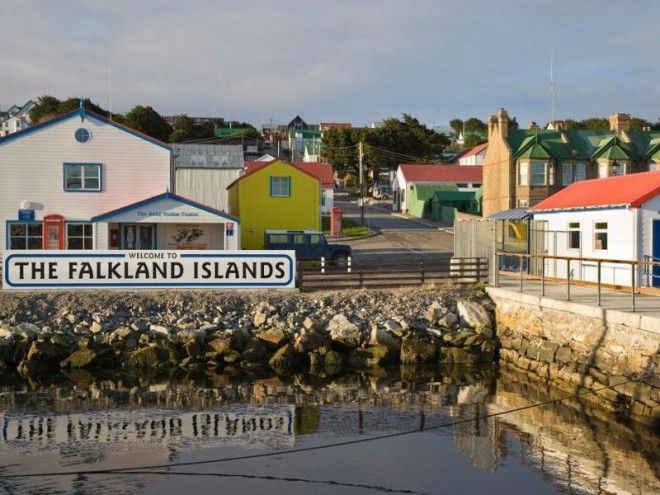
This self-governing archipelago of islands off South America is home to rare birds, whales, seals, sheep, and several species of penguin. The penguins alone easily outnumber the Islands' 3,000 residents, who mostly live within the capital of Stanley.
There are no ATMs, nor is there much beyond the few pubs, and the airport only receives flights from Chile and the UK (via Ascension Island). Travelers chiefly arrive on cruise ships during the southern hemisphere’s summer, when a stop in the Falklands serves as a prequel to adventures ahead in Antarctica.
Vatican City
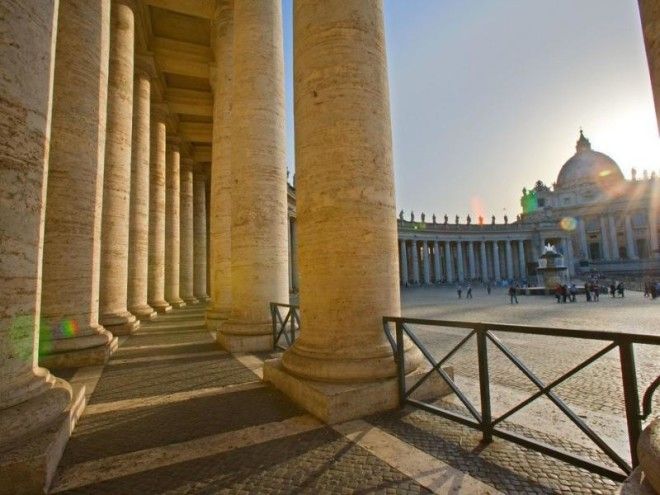
Travelers marveling at the architecture of St. Peter’s Basilica in Rome may not realize that this place isn’t technically in Rome, but in a country all its own. Vatican City, home to the Pope and approximately 800 others, measures only 110 acres, making it the smallest recognized independent state in the world.
Visitors come for the Vatican Museums’ Sistine Chapel, a tour of the gardens, and a climb to the top of the Basilica’s dome designed by Michelangelo, before mailing a postcard from the Vatican’s own little post office to say “I was here.”
Andorra

Just three hours outside of Barcelona, you'll find this entirely landlocked microstate of 76,000 people, nestled in the Pyrenees mountains between Spain and France.
The snow-capped peaks sheltering Andorra’s valley of cherry blossoms and world-class spas often inspires comparisons to little towns in the Swiss Alps, but there’s no fondue here. Andorra mostly keeps to Spanish traditions, and the official language is Catalan.
Macau
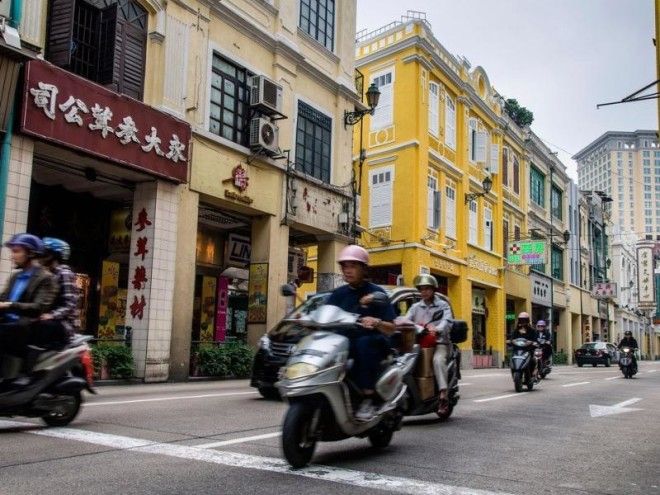
Once a Portuguese colony, this small peninsula near China made a name for itself in recent years as the world’s largest gambling center.
Although casinos now rule the roost, the historic downtown of Macau is recognized as a UNESCO world heritage site. As a “Special Administrative Region” of China, Macau still asserts its independence with its own currency, customs, and Macanese cuisine, a blend of Cantonese and Portuguese flavors.
Qatar
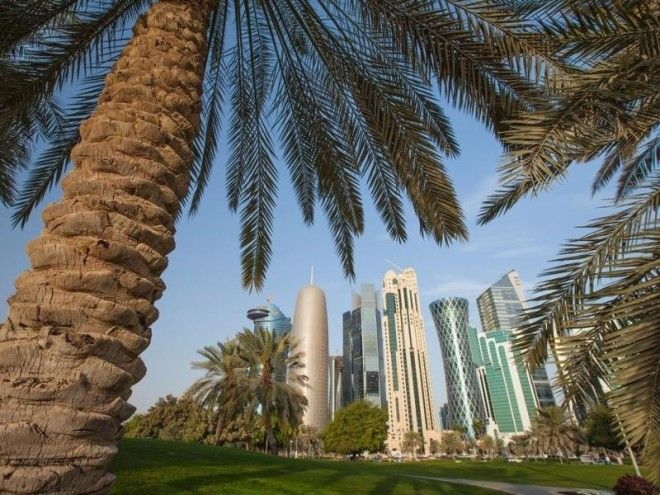
Qatar’s 4,500 square miles may put it among the largest of the smallest countries, but the bulk of its land is desert. Visitors center on the capital of Doha and its souks, the Museum of Islamic Art, and to overnight desert camps on the edge of the Persian Gulf.
With the opening ceremony of the 2022 World Cup in Doha, Qatar will truly be a connected country. A transit system under construction will allow for soccer fans to attend World Cup matches at different stadiums in one day, while seeing the whole of the country along the ride.
